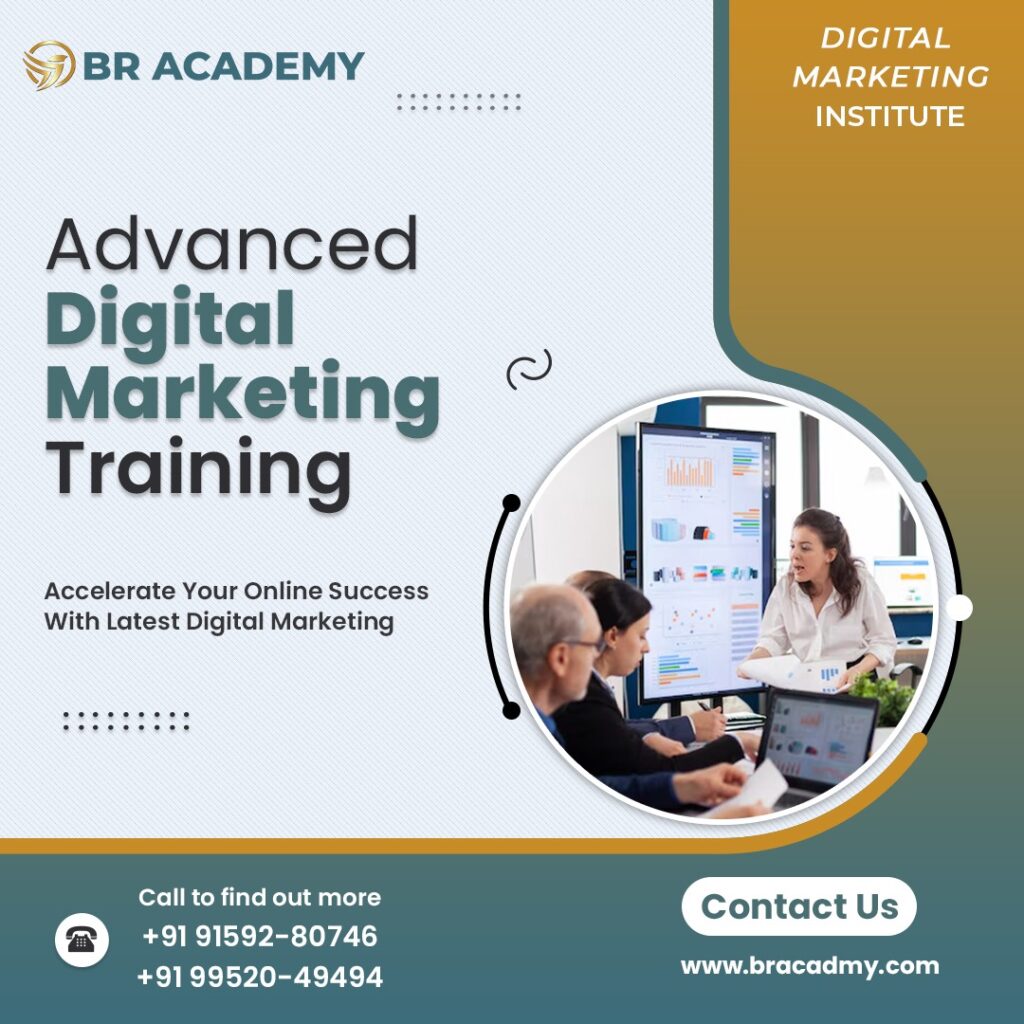Beginner to Pro: Your Journey Through Our SEO Course
In the digital age, mastering Search Engine Optimization (SEO) is essential for anyone looking to make a mark online. Whether you’re a small business owner, a marketing professional, or a content creator, understanding and implementing SEO strategies can significantly boost your online presence. Our comprehensive SEO course is designed to take you from a novice to a pro, equipping you with the knowledge and skills to excel in the competitive world of digital marketing. Here’s what your journey through our SEO course will look like.
Understanding the Basics of SEO
What is SEO?
SEO, or Search Engine Optimization, is the process of improving a website’s visibility in search engine results pages (SERPs). By optimizing your site for search engines like Google, you can attract more organic (non-paid) traffic.
Why SEO Matters
SEO is crucial because it helps your website rank higher in search results, making it more likely that potential customers will find you. High rankings lead to increased traffic, credibility, and ultimately, more conversions and revenue.
Module 1: Introduction to SEO
Getting Started with SEO
The first module of our course introduces you to the fundamentals of SEO. You’ll learn about the history of search engines, how they work, and why SEO is important for online success.
Key Concepts
Keywords: Understand what keywords are, why they’re important, and how to conduct keyword research.
SERPs: Learn about Search Engine Results Pages and the factors that influence rankings.
SEO vs. SEM: Distinguish between Search Engine Optimization (SEO) and Search Engine Marketing (SEM).
Module 2: On-Page SEO
Optimizing Your Content
On-Page SEO focuses on optimizing individual web pages to rank higher and earn more relevant traffic. This module covers:
Keyword Placement: Learn where and how to use keywords effectively within your content.
Content Quality: Understand the importance of creating high-quality, valuable content that meets user intent.
Meta Tags: Discover how to optimize title tags, meta descriptions, and headers to improve your site’s visibility.
URL Structure: Learn how to create SEO-friendly URLs.
Practical Exercises
You’ll get hands-on experience with optimizing web pages, writing effective meta tags, and ensuring your content is keyword-rich without being spammy.
Module 3: Technical SEO
Enhancing Site Performance
Technical SEO involves optimizing the backend of your site to help search engines crawl and index your content more efficiently. In this module, you’ll cover:
Site Speed: Learn techniques to improve your website’s loading times.
Mobile Optimization: Ensure your site is mobile-friendly and responsive.
XML Sitemaps: Understand the importance of sitemaps and how to create them.
Robots.txt: Learn how to use robots.txt files to control search engine crawling.
Practical Exercises
You’ll perform a technical SEO audit on your website, identifying and fixing issues that could be hindering your site’s performance.
Module 4: Off-Page SEO
Building Authority and Trust
Behind-the-scenes SEO focuses on activities outside of your website that affect your rankings. This includes:
Backlink Building: Learn strategies for acquiring high-quality backlinks from reputable sites.
Social Media Engagement: Understand the role of social signals in SEO and how to leverage social media platforms.
Online Directories: Ensure your business is listed correctly on relevant directories and citation sites.
Practical Exercises
You’ll develop a backlink strategy, reach out to influencers for guest blogging opportunities, and create a social media plan to enhance your off-page SEO.
Module 5: Advanced SEO Strategies
Going Beyond the Basics
This module dives into advanced SEO techniques that can give you a competitive edge:
Content Clusters: Learn how to create content clusters to improve site architecture and user experience.
Local SEO: Discover strategies for improving your local search visibility.
User Experience (UX): Understand the importance of UX in SEO and how to improve your site’s usability.
Practical Exercises
You’ll create lists for specific topics, optimize your site for voice search, and conduct local SEO research.
Module 6: SEO Tools and Analytics
Leveraging SEO Tools
This module introduces you to essential SEO tools and how to use them:
Google Analytics: Learn how to track and analyze your site’s performance.
Google Search Console: Understand how to monitor your site’s presence in Google search results.
SEO Software: Get familiar with popular SEO tools like Ahrefs, SEMrush, and Moz.
Practical Exercises
You’ll set up and configure Google Analytics and Google Search Console for your website, and learn how to use these tools to gather valuable insights.
Module 7: Keeping Up with SEO Trends
Staying Current
SEO is a dynamic field, and staying updated with the latest trends and algorithm changes is crucial. In this module, you’ll learn:
Core Web Vitals: Understand Google’s Core Web Vitals and how they impact your SEO.
E-A-T Principle: Learn about the importance of Expertise, Authoritativeness, and Trustworthiness.
Algorithm Updates: Stay informed about the latest Google algorithm updates and how to adapt your strategies.
Practical Exercises
You’ll conduct a Core Web Vitals assessment on your site and develop a plan to maintain your SEO efforts in the face of changing trends.
Module 8: Final Project and Certification
Putting It All Together
In the final module, you’ll apply everything you’ve learned in a comprehensive SEO project. You’ll conduct a full SEO audit, develop a strategy, and implement changes to improve a website’s performance.
Certification
Upon successful completion of the course and the final project, you’ll receive a certification recognizing your expertise in SEO. This certification can enhance your resume and open up new career opportunities.
Conclusion
Our SEO course is designed to take you on a journey from a beginner to a pro, equipping you with the skills and knowledge to succeed in the world of digital marketing. By the end of the course, you’ll be able to confidently implement SEO strategies, analyze performance, and adapt to industry changes.






